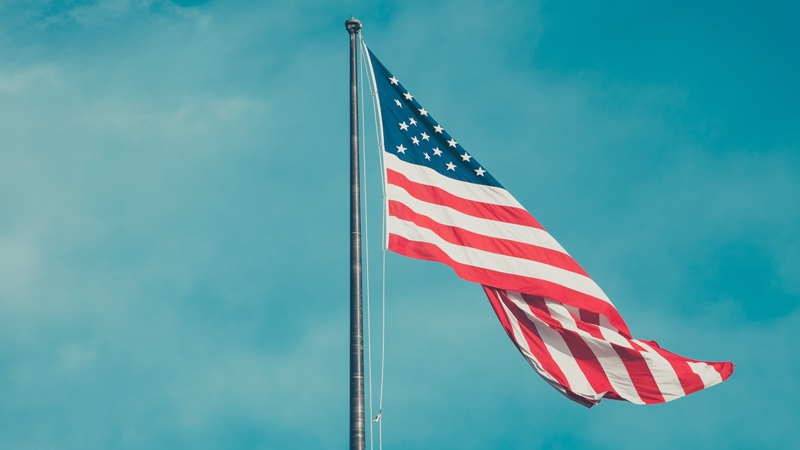There are reasons for the UK to worry about Trump’s presidency but economic reasons should not be one of them, according to Joe Nellis, Professor of Global Economy at Cranfield School of Management.
But while Professor Nellis does not expect sterling to get stronger any time soon, it does mean good news for the UK’s exports, which are going to remain competitive. The US is a very important market to the UK. We currently export around £30bn worth of goods and services a year to the US.

Trade and protectionism
From the perspective of trade, Professor Nellis does not think there is any cause for alarm: “I don’t see anything happening for the next year or two. Trump has yet to take up the presidency and the UK is going through the Brexit negotiations. The process is expected to start at the end of March 2017. It will be some time before we know who the real Trump is and I don’t expect he’ll be as aggressive on trade as he suggested before the election campaign
“He’s regarded as a supporter of protectionism but he has others around him who will advise him what he can and cannot do. I don’t think it’ll be a short or even long-term major issue for us.”
Professor Nellis even thinks that there is room for a bilateral friendship to grow, predicting that Trump will seek out special deals that will suit the US, as will the UK post-Brexit.
NATO and defence
The situation with NATO is one of the more worrying aspects of the Trump presidency, according to Professor Nellis. There are 28 members of NATO and the US pays the lion’s share of the costs, amounting to around US$650bn of the total US$900bn per year, but it is their choice to spend more than any other country on defence.
“The question is, whether or not the US will pull back from their spending commitment – I think they won’t – and whether or not the other members will be willing to pay more. There is no doubt that some countries such as Russia will be watching these developments with great interest.”
Markets
Over the last 25 years, the world economy has largely been driven by the US and Chinese economies. “Those are the two big factors that we should really think about,” says Professor Nellis. “The UK, of course, is going through a tremendous transformation and provided we are resilient and flexible enough, I think we can cope with the challenges that lie ahead”.
About Cranfield University
Cranfield has been a world leader in management education and research for over 50 years, helping individuals and organisations learn and succeed by transforming knowledge into action. We are dedicated to creating responsible management thinking, improving business performance and inspiring the next generation of business leaders. We work to change the lives of our students and executives by encouraging innovation and creative thinking, as well as the drive to succeed and make a real impact on their organisations.
Organisations as diverse as Jaguar Land Rover, BAE Systems, Royal Dutch Shell, L’Oréal, UNICEF and the African Development Bank have benefited from our work, which ranges from management research projects, through staff talent management development on our MBA courses, to customised executive programmes.
Cranfield is one of an elite group of Schools worldwide to hold the triple accreditation of: AACSB International (the Association to Advance Collegiate Schools of Business), EQUIS (European Quality Improvement System) and AMBA (the Association of MBAs).
We are in the Top 10 International Business Schools in the Forbes’ ranking.
Our open and customised executive education programmes are ranked in the top five in the UK, according to the latest Financial Times survey, and in the top ten in the world for international reach. Over 10,000 people come to Cranfield each year to benefit from our executive and professional development programmes.


